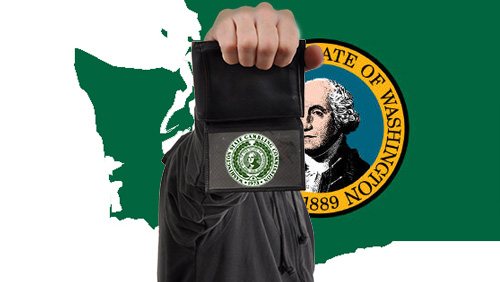Looks like all are gearing up for the March madness – all except Washington state.
The Washington State Gambling Commission (WSGC) warned players trying to find their luck in guessing the final 16 teams in the NCAA to keep their money right in their pockets or they may face consequences.
Q13 Fox reported that the state regulator reminded punters that sports betting is not authorized in Washington state and therefore it is illegal to participate in such a sports betting event.
 “We understand the excitement that builds during this time of year as people fill out their brackets, and we’re frequently asked questions about betting in an office pool. The Washington State Constitution prohibits any form of gambling unless it is specifically authorized by the legislature – sports betting is not authorized,” the WSGC said in a statement, according to the news report.
“We understand the excitement that builds during this time of year as people fill out their brackets, and we’re frequently asked questions about betting in an office pool. The Washington State Constitution prohibits any form of gambling unless it is specifically authorized by the legislature – sports betting is not authorized,” the WSGC said in a statement, according to the news report.
Washington reportedly allows less-common “100 square” competitions, and the money being wagered should only be just $1 per person.
But data from the American Gaming Association shows that over $9 billion will be wagered in the March Madness, making it big fun and big business.
The state regulator made sure that their message will be sent across their jurisdiction by giving out brochures, which more or less make it clear that lawmakers support busting brackets when money is involved.
It isn’t clear though what WSGC will do with those who will violate the sports betting ban or how they will curb the March Madness betting. They, however, made it clear that officers will not swoop down into offices and frat houses to catch violators.
Former Attorney General Rob McKenna, who represents daily fantasy sports betting interests like FanDuel and Draft Kings, concedes that Washington state is against sports betting, and admits that legal inroads have been tough to carve out.
“Because a lot of legislators just personally don’t support it,” he said. “They certainly don’t want to see sports betting, even if it were legal under federal law. It’s just not. Number two, you’ve got vested interests that own the casinos in our state and they don’t want the competition.”





